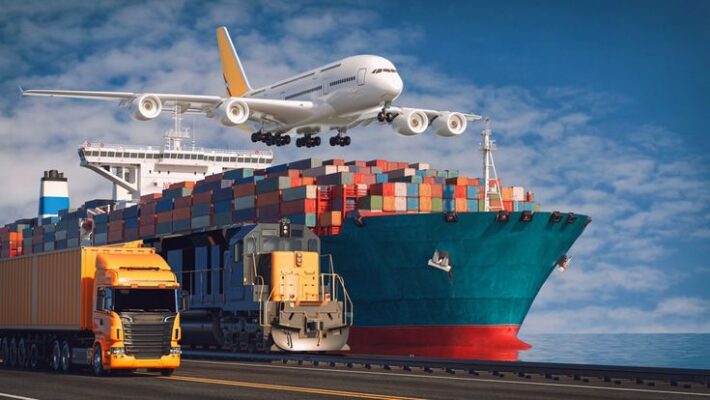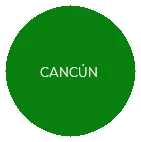How tariffs can affect the profitability of your real estate investment (even if you’re not importing anything)

When we talk about real estate investments, we tend to focus on the big, visible elements: land, construction, design, location…
But there are invisible factors that can strongly impact your project’s profitability, and one of the most overlooked is tariffs.
And no — you don’t need to be directly importing materials from abroad for them to affect you.
In this article, I’ll explain how tariffs — those import taxes that rarely come up in real estate conversations — can alter your costs, timelines, and profit margins, even if you think you’re “outside the system.”
What are tariffs, and why should you care?
Tariffs are taxes applied to imported goods, designed to protect the local economy. While their purpose is economic, in the real estate world they can become a silent trap if you don’t plan for them from the beginning.
Maybe you aren’t importing European windows, solar systems, or designer furniture…
But your suppliers might be — and when tariffs increase, prices go up across the board, including for you.
Three ways tariffs can impact your investment (without you realizing it)
1. Indirect increase in material costs
When high tariffs are imposed on key products — like steel, aluminum, solar equipment, or appliances — local suppliers often raise their prices. Why? The market becomes more expensive, and domestic products become more in demand.
Result: You end up paying more — even when buying locally.
2. Currency volatility
Tariffs often come hand-in-hand with trade tensions, especially between Mexico and the United States. Every time there’s a new tariff policy or political tension, the Mexican peso devalues against the dollar. This impacts:
- The cost of imported goods
- Your construction budget
- The projected value of rental income or property sales in foreign currency
👉 Example: If your investment is in pesos but your income is expected in dollars (as with short-term rentals for international tourists), currency volatility can completely change your ROI.
3. Delays in the supply chain
Tariffs often involve customs requirements, permits, and longer processing times. Even if you’re not importing anything yourself, if one of your suppliers has shipments held up at customs, your project is delayed.
This translates to:
- Missed deadlines
- Higher financing costs
- Nervous investors
What can you do as an investor to protect your profitability?
You can’t control global markets or tariff policy — but you can plan smarter. Here are some practical tips:
- Ask your suppliers whether their products are imported and whether tariff costs are already factored in.
- Explore local or regional alternatives, even if imported items seem more appealing.
- Consult a trade expert if your project involves non-standard materials or equipment.
- Budget for contingency margins in case of currency shifts or increased logistics costs.
- Stay informed about trade and geopolitical dynamics, especially if you invest in tourist regions or international markets.
Want to dive deeper?
This article is based on Episode 48 of the Real Estate y Negocios podcast, where Dolores Pérez Islas shares real-life cases of how tariffs changed project outcomes — and how to stay ahead of them.
💡 Includes a real case of a boutique hotel that redesigned its plan thanks to a smart tariff strategy.
Free download
If you’re about to launch a development or plan to import materials, download our free Tariff Planning Checklist here → https://form.jotform.com/252163301799863






